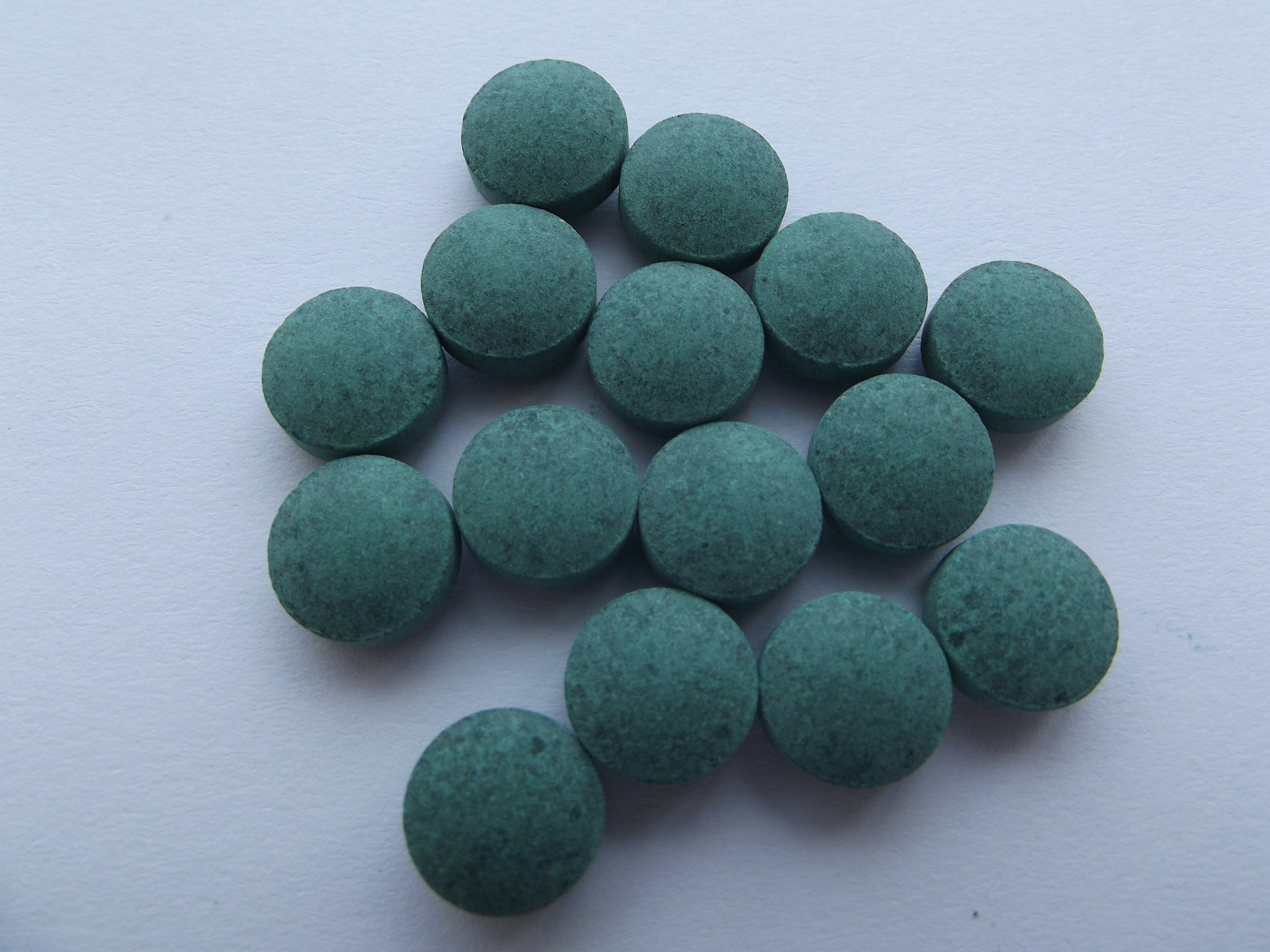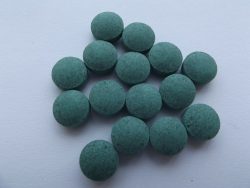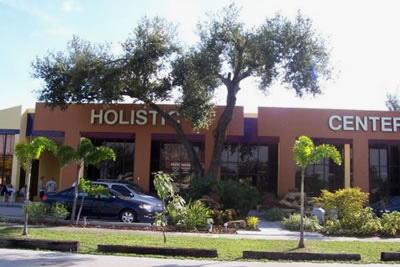As Ocean County Overdose Deaths Climb, Addicts Seek Help at New Jersey Rehab Centers

A deadly synthetic opioid called fentanyl has been found in 72% of all heroin tested by officials in Ocean County, says Ocean County Prosecutor Joseph Coronato. According to the attorney, drug overdose deaths in the county could top out at 300 by 2018, and the opioid epidemic will continue to worsen. The rising death toll has state officials and local communities concerned, and is pushing opioid addicts toward New Jersey rehab centers that treat opioid dependency and addiction.
Are you addicted to heroin or opioids and live in New Jersey? Understand that you don’t have to overcome opioid addiction on your own — call our 24/7 confidential helpline at 888-414-2380 to find local rehab centers near you that can help you achieve sobriety.
Rising Fentanyl Use in New Jersey

Heroin laced with fentanyl is leading to overdose deaths in Ocean County.
Fentanyl, a synthetic opioid up to 100 times more powerful than morphine, is contributing to the overdose death toll in Ocean County. This year’s drug death toll in the county has more than tripled since 2012, and has caused 153 overdose deaths up through November 4.
Officials are saying fentanyl is often mixed with heroin to intensify the euphoric high for its users, and to help dealers make extra money, since fentanyl is less costly than heroin. Just two milligrams of fentanyl can trigger an overdose — meaning a kilogram of this deadly opioid could theoretically kill 500,000 drug users. So far this year the DEA has seized 37 kilograms of fentanyl in the state — enough to kill double the population of New Jersey.
Carl Kotowski, DEA special agent in charge of the New Jersey office, says dealers are spiking heroin with fentanyl to meet their buyers’ demands for a more intense high, but 28-year-old recovering opioid addict Jared Brown disagrees. According to Brown, dealers mix fentanyl with heroin solely to boost profits, and don’t care about users’ preferences. Brown reveals he once overheard dealers joking about overdose deaths while cutting fentanyl into heroin.
Brown says fentanyl “is like heroin without a soul,” and that the synthetic opioid produces a short-lived high that is less enjoyable than heroin. He adds that the high achieved from fentanyl leaves users unsatisfied and wanting more, which could be driving overdose deaths. Brown recently sought help for opioid dependency and addiction at rehab, and has been sober for six months.
Overcoming Opioid Addiction at Rehab
Rehab centers that specialize in opioid addiction are staffed with experienced counselors and physicians that fully understand the effects of opioid use. Since opioids are highly addictive, many rehab centers use the medication-assisted treatment approach to treat opioid addiction. Medication-assisted treatment combines the use of medicines with counseling and behavioral therapy to address both physical dependence and addiction.
Medications such as naltrexone, methadone, and buprenorphine can help eliminate opioid cravings and withdrawal symptoms so addicts can focus strictly on recovery and not on physical side effects. Throughout the course of treatment, recovering addicts learn skills and healthy lifestyle habits that help them avoid relapse and stay sober. At the end of addiction treatment, patients resume normal lives with the education and knowledge needed to get their lives back on track and remain addiction-free.
If you’re addicted to heroin, fentanyl, or another opioid, call our 24/7 confidential helpline at 888-414-2380 to learn more about New Jersey rehab centers that treat opioid addiction. One of our caring treatment specialists will connect you with the resources and information you need to overcome opioid abuse indefinitely.
